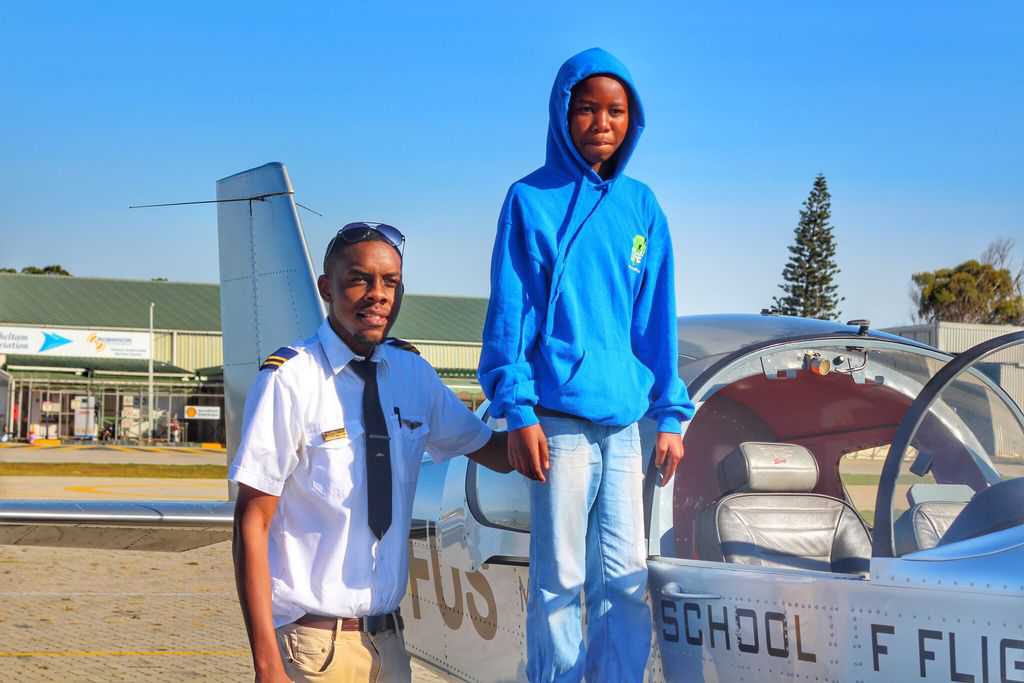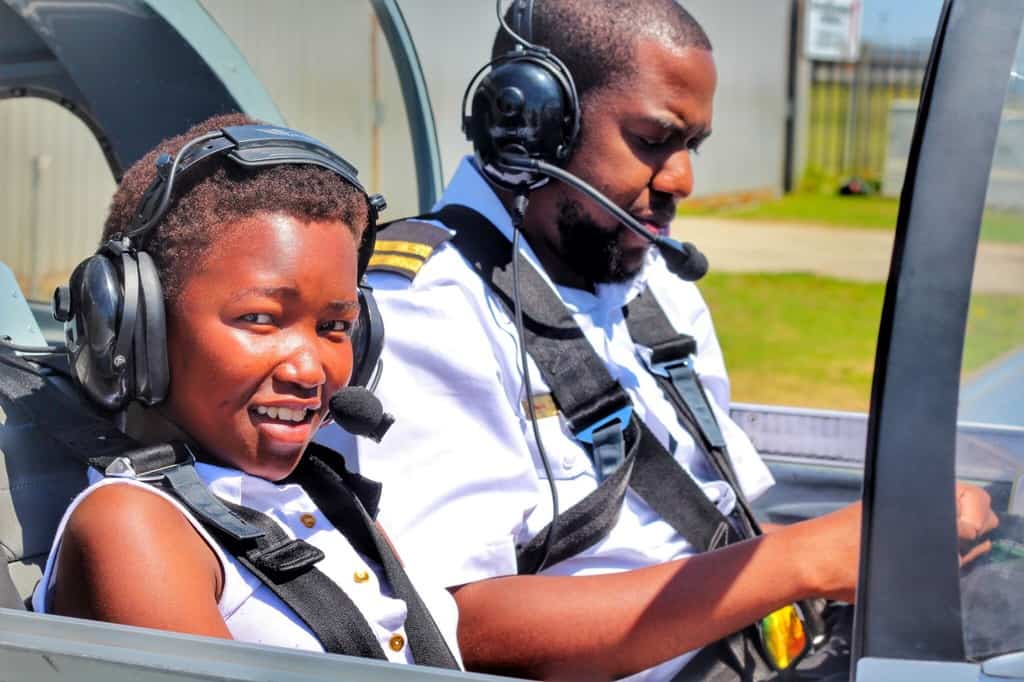Over 60 per cent of Africa’s 1.2 billion population are under the age of 25. This makes the 55-nation continent’s youth demographic, which is set to more than double by 2055, the youngest and fastest growing in the world today.
Africa boasts in excess of 720 million young people, whose active involvement, more than at any point in history, remains critical to unlocking the power of human potential on the continent. The region’s growth is not just limited to the number of people living on the continent: it is also one of the fastest growing in the world. The sector currently supports nearly 7 million jobs and generates more than $72 billion in Gross Domestic Product, and this dynamic, buoyed by an emerging industrial sector and a growing youthful population, establishes aviation as an indispensable generator of socio-economic development.
Governments on the continent are currently being challenged by the need to increase Africa’s air transport capacity through new and modernized infrastructure, and with ICAO’s impetus and assistance there have also been efforts to generate greater interest among youth demographics in the promise and potential of future aviation careers.
One young commercial pilot has taken this challenge to heart. Tatenda Chigwada, 27, is working to inspire local 10-18 year-olds in South Africa and Zimbabwe to embrace aviation through his Dream Alive Foundation.
“When we started the foundation in August 2017,” Chigwada began, “our main objective was to take underprivileged children on their first flight and inspire a generation of youngsters to reach greater heights. Our focus was to generate interest in aviation professions among a more diverse range of local youth, and we are very much beginning at the grass-roots level.”

Chigwada’s parents defied the harsh economic conditions of his home country of Zimbabwe by coming up with sufficient financial resources to help see him through one of the few flight training schools in Africa. This, for any young man born and raised in his nation, was a huge privilege.
“I was incredibly grateful to have this opportunity my parents worked so hard for,” Chigwada said, “and when I reached 98 out of the 100 pilot-in-command hours required for a commercial license, I spoke to the owner of Madiba Bay School of Flight about the possibility of taking an underprivileged child up who had a dream to be a pilot. This seemed like a great way to give back to my community during my short time left at the school,” he recalled.
“On seeing the impact this flight had...I realized the amazing contribution we could make to children’s lives if more pilots took underprivileged kids for similar flights”
As result, Sibongile Ndara, now 15, became the lucky boy who flew over the South African city of Port Elizabeth for the first time on a plane. The experience, widely covered on mainstream and social media, ultimately earned Ndara, who lives with a single mother in one of country’s most underserved communities, a scholarship to study in a private school.
“On seeing the impact this flight had on Ndara’s life, I realized the amazing contribution we could make to children’s lives if more pilots took underprivileged kids for similar flights” Chigwada noted. “That’s when I decided to launch the Dream Alive Foundation and help more underprivileged children just like him.”
Chigwada is hopeful that in the near future, success stories like Ndara’s will result in securing flight training scholarships for even more underprivileged youth across Africa. Through support from the Madiba Bay School of Flight and Helicopter Pilot Training Center, the foundation has so far taken 35 South African school children on their inaugural flights. Progress has been slower in Zimbabwe, where a local air charter company has thus far helped Chigwada take two very appreciative young children to the skies.

Chigwada’s initiative is clearly inspirational, and closely supports the priorities ICAO is pursuing today through its Next Generation of Aviation Professionals (NGAP) programme. It still faces some formidable challenges, The however, especially in terms of sustainable funding, but that’s nothing he isn’t used to.
“We are currently exploring new ways to resolve our funding support and broaden the scope of our outreach on a consistent basis, and well beyond the current situation where support comes only from family and friends,” he concluded.
“Certainly I won’t be giving up on this anytime soon.”
About the contributor
 The Dream Alive Foundation is working to develop youth in at-risk communities to become leaders by partnering with with schools, communities, and corporations to provide scholars career experiences, character development, and relational mentoring. Their end goal is to mentor young men and women of integrity, who are ready to serve their communities and continue their career paths after high school.
The Dream Alive Foundation is working to develop youth in at-risk communities to become leaders by partnering with with schools, communities, and corporations to provide scholars career experiences, character development, and relational mentoring. Their end goal is to mentor young men and women of integrity, who are ready to serve their communities and continue their career paths after high school.
